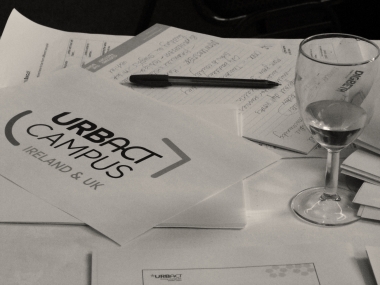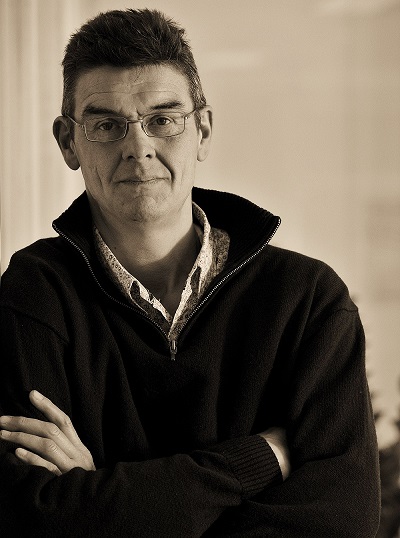Five things we learned from the URBACT Campus
Edited on
22 May 2019Learning points for URBACT cities

What do Cork and Cardiff have in common with Barnsley and Brighton?
One answer is that they were all represented at the first UK/Ireland URBACT Campus, held in Birmingham on 9-10 May.
The concept behind an URBACT Campus is to bring together cities working in the same type of network – in this case, cities involved in URBACT Transfer Networks – to allow them to share experiences, learn new approaches and build a sense of solidarity with other cities in the URBACT programme.
The things we learned from the Campus, however, go beyond the specific experiences of the Transfer Networks, and are applicable to any city, involved in an URBACT network (or, indeed, any kind of EU network). Here are my five key take-aways from the event:
- We are in the business of transferring learning, not ready-made solutions. It is easy to use the terms ‘knowledge exchange’ or ‘transfer of good practices’ and assume that the process is simply one of taking a ready-made solution and applying it in another city. What the Campus highlighted is that every city has a different context: its politics, its economy, its demographics; each city will take the learning which is appropriate, and adapt and transform that into a solution which works for that city (and only for that city).
- We all have a responsibility to bring our stakeholders with us. We spent a lot of time talking about the processes of working with URBACT Local Groups, and engaging the widest range of stakeholders in the city. To do this, stakeholders must feel engaged, valued and supported. We are all on a learning journey in an URBACT network, and it is important to build that sense of shared discovery.
- Sharing is extremely valuable and important. The significance of the Campus, I believe, was that it allowed people to take two days out of their busy schedules and spend time reflecting, discussing and learning. To share your experiences makes you feel less isolated; it builds a sense of common interest; and it allows you to think through possible solutions.
- Treat your stakeholders well. I mentioned above the importance of bringing stakeholders with you on the journey. To do that well means to value the contribution they bring, and to nurture and encourage their interest. At one level, this is about organising meetings which are accessible, in appropriate locations at convenient times, where people feel they are welcomed. That means food, and coffee, and humour. It could also mean childcare, or help with transport, or the attraction of interesting speakers or the appeal of a new venue. Think about what you would want from a meeting. Then provide that to others.
- Make the most of the opportunities of new media. One of the exercises during the Campus was the creation of short videos to capture activities, or people’s opinions and reactions. It made me realise how much we all rely on new media for our information these days: Twitter, YouTube, Facebook have al become part of the public information space. To use this well requires thought, perhaps some training, and good quality resources. It is easy to underestimate the power of good media, and the turn-off effect of badly-produced media. Use it wisely, and use it well.
It is impossible to condense two days of discussion and debate into a short article. For me, the event was enjoyable, thought-provoking and highly stimulating. I want to thank all of the cities which took part – not just the ones I mentioned above, but also Manchester, Preston, Athy and Birmingham – for entering into the spirit of the Campus. Our trainers, Matthew Baqueriza-Jackson and Adele Bucella, created something whih we hope will have a life beyond the two-day event, and will start the process of longer-term cooperation between these cities.
 Submitted by Ian Hill on
Submitted by Ian Hill on
